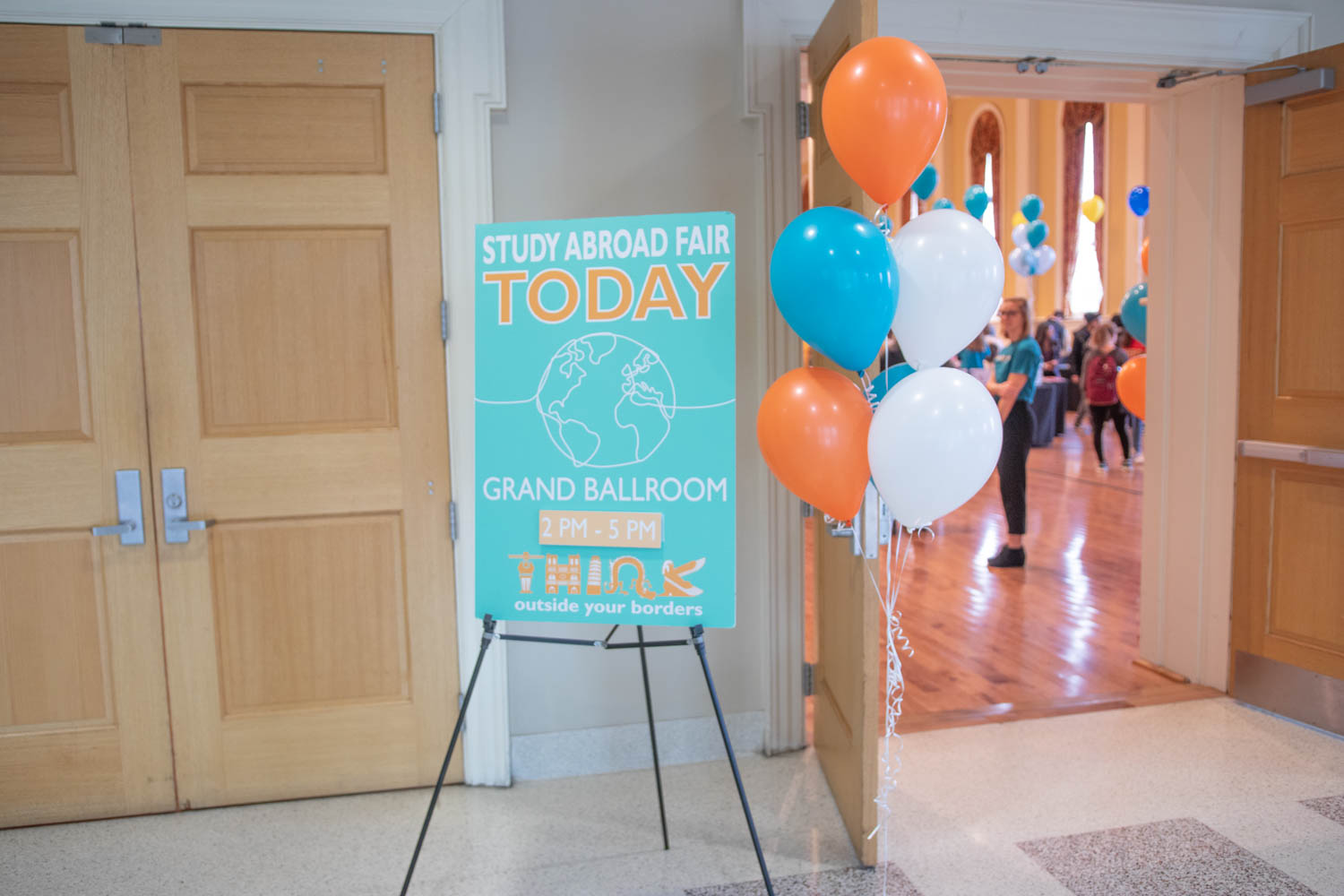Views expressed in opinion columns are the author’s own.
I’ll be the first to say it: I can’t wait to travel again. After over a year of social distancing and daydreaming about other countries, I’d love a change of scenery.
Like many, I was looking forward to studying abroad during my time at the University of Maryland, but was forced to put my plans on hold due to the coronavirus pandemic. So, when this university announced its plan to allow study abroad programs for the fall 2021 semester, I really wanted to be excited. However, this plan is rather rushed, and irresponsible to both students and people around the world.
The university plans on allowing semester-long programs in four countries: Denmark, Sweden, Italy and Spain. But, all of these countries are currently experiencing large surges in coronavirus cases, with some even instituting lockdowns and curfews. While the pandemic’s guidelines change daily, there is no guarantee that restrictions will be lifted in these countries by the fall, or that international travel, even with vaccine passports, will be permitted. Especially when a large part of the allure of studying abroad is immersing oneself in a foreign culture, being confined to a Copenhagen apartment nearly defeats the entire purpose of going at all.
After a year of social interaction with the same people through Zoom and iMessage group chats, the idea of making new friends from different cultural backgrounds and upbringings is very enticing. Regardless of cultural customs, it’s typically not acceptable to spread a deadly virus during a conversation with new friends, but this is still entirely possible. The vaccines in circulation were approved for emergency usage by the FDA because they decrease the risk for a vaccinated individual to experience deadly virus symptoms. Therefore, without a vast majority of populations vaccinated, the risk of spreading COVID-19 is still very real, bringing into question the ethics of traveling from the country that has had the most documented COVID-19 infections on Earth.
Vaccine distribution inequity poses another set of issues. According to Oxford University, at the time of this writing, the United States had given at least one dose to 39% of its population, while each country on the permitted list has only jabbed between 18 and 20%. While most Americans are expected to be fully vaccinated by the summer, it is evident that all countries have not been as privileged as the U.S. in terms of vaccine access. Strategically, it’s understandable to give the most-infected country the most vaccines at the beginning of distribution, as the virus has spread to more of the population. But, the U.S.’ disastrous response to the virus, which included ignoring scientists, was not by accident — it was by design.
There’s a popular saying that goes “you can’t have your cake and eat it too.” According to the CDC, at the time of writing, there has been an 8 percent increase in positive cases since last week, proving that COVID-19 cases in the U.S. are on the rise — again. Why should we be planning for our post-pandemic party, when we are clearly far from the finish line? Given how we’ve handled this situation, we should be the last country to talk about sending our citizens abroad. We should not encourage international travel simply because we have decided we are ready.
We’ve been constrained for so long, so the ideas of international travel and personal freedom are naturally exciting. But therein lies the issue with returning to study abroad at the moment: it is too idealistic. If cases go down, if a majority of people in both countries are vaccinated, if borders open, and if it seems ethically responsible, then we can travel! It seems like logic that could have expensive, and even deadly, consequences. Being a reputable American university should not permit us to bypass or stand above international COVID-19 guidelines. As a university whose mission is in part to create globally-minded students, I can’t help but feel this plan betrays the values we have all been taught here at this university. Perhaps a better use of school funds and intellectual power would be ensuring that the College Park community, as well as the university community, is as safe as possible as we look to bring back nearly all students to campus in the fall. With that, students should feel more comfortable attending in-person classes and campus events next semester — activities that have begun to feel rather foreign themselves.
Anthony Liberatori is a sophomore environmental science and economics major. He can be reached at alib1204@umd.edu.



